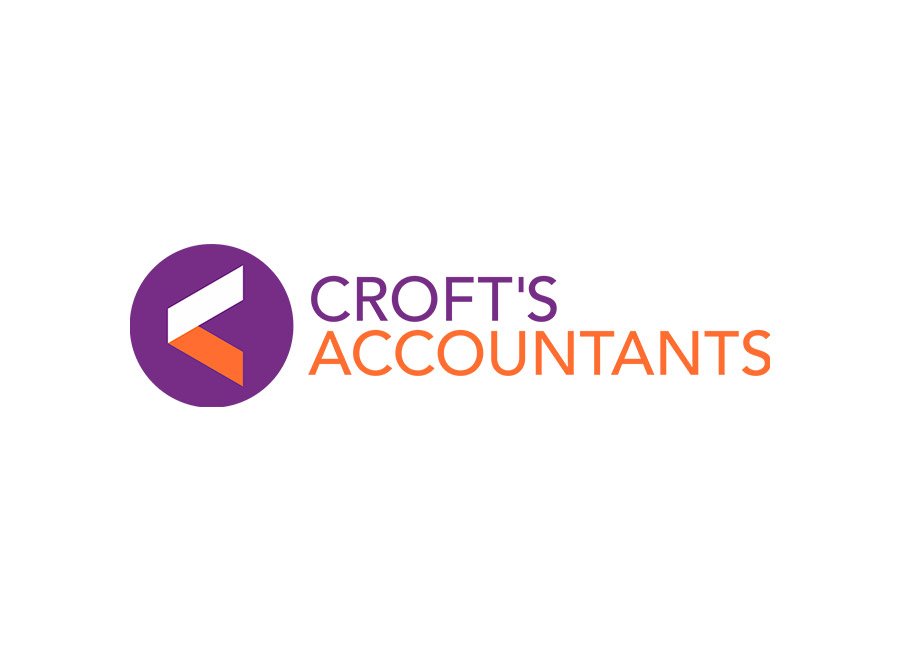Selling a business can be a complex process, but with the right knowledge and guidance, it can also be a rewarding experience. In this guide, we will walk you through the step-by-step procedures for selling your business. Whether you’re a small business owner or an entrepreneur looking to exit a venture, these simple and easy-to-understand instructions will help you navigate the sale process successfully.
- Prepare Your Business for Sale: Before putting your business on the market, it’s important to make it as attractive as possible to potential buyers. Here are some steps to consider:
- Organize Financial Records: Ensure your financial statements, tax returns, and other important documents are accurate, up-to-date, and well-organized.
- Improve the Presentation: Spruce up your business premises, update your website, and make any necessary repairs or renovations to enhance the overall appeal.
- Streamline Operations: Optimize your business processes to make it more efficient and less dependent on your personal involvement.
- Determine the Value of Your Business: Accurately valuing your business is crucial to attracting serious buyers. Consider the following factors:
- Financial Performance: Evaluate your business’s past and current financial performance, including revenue, profitability, and growth trends.
- Market Analysis: Research the market conditions and industry trends to understand how your business compares to similar enterprises.
- Assets and Liabilities: Take into account your business’s tangible assets (e.g., equipment, inventory) and intangible assets (e.g., brand reputation, intellectual property). Also, assess any outstanding debts or liabilities.
- Find a Qualified Business Broker or Advisor: Engaging a professional business broker or advisor can significantly simplify the sales process and increase the chances of a successful transaction. Look for someone with experience in your industry and a proven track record of facilitating business sales.
- Seek Recommendations: Ask for referrals from other business owners, industry associations, or professional networks.
- Interview Multiple Candidates: Consult with multiple brokers or advisors to find someone who understands your goals and has the expertise to handle your specific business.
- Prepare an Information Memorandum: An Information Memorandum (IM) is a comprehensive document that provides potential buyers with detailed information about your business. It should include:
- Business Overview: Describe your company’s history, products/services, target market, and competitive advantages.
- Financial Details: Include financial statements, cash flow projections, and key performance indicators to demonstrate the business’s financial health.
- Operational Details: Outline your business’s organizational structure, key personnel, and any contracts or agreements that may affect the sale.
- Market Your Business for Sale: To attract potential buyers, you need to create awareness and generate interest in your business. Here are some effective marketing strategies:
- Online Listings: Advertise your business on popular business-for-sale websites, ensuring you include relevant keywords and a compelling description.
- Networking: Leverage your professional network and industry connections to spread the word about your business opportunity.
- Confidentiality: Maintain confidentiality during the marketing process by using non-disclosure agreements (NDAs) with interested parties.
- Screen and Qualify Potential Buyers: Not all buyers will be a good fit for your business. To save time and effort, screen potential buyers carefully:
- Request Financial Qualifications: Ask interested parties to provide proof of their financial capacity to fund the purchase.
- Evaluate Their Fit: Consider the buyer’s experience, skills, and compatibility with your business’s culture.
- Sign NDAs: Ensure interested buyers sign a non-disclosure agreement before disclosing sensitive business information.
- Negotiate and Structure the Deal: Once you’ve identified serious buyers, it’s time to negotiate the terms of the sale and structure the deal:
- Price and Payment Terms: Discuss the purchase price, down payment, financing options, and any contingencies or conditions.
- Asset Sale vs. Stock Sale: Determine whether it will be an asset sale (where the buyer purchases specific business assets) or a stock sale (where the buyer acquires the entire company).
- Legal and Tax Considerations: Seek advice from legal and tax professionals to ensure compliance with regulations and optimize the tax implications of the sale.
- Due Diligence and Closing the Deal: During the due diligence process, the buyer investigates your business in detail to verify the information provided. Follow these steps to ensure a smooth transaction:
- Provide Necessary Documents: Make sure you have all the relevant documents readily available for the buyer’s review.
- Address Concerns: Be prepared to address any questions or concerns the buyer may have regarding the business’s operations, finances, or legal matters.
- Finalize the Sale: Once the due diligence is complete, finalize the necessary legal documents and complete the transaction.
Conclusion: Selling a business requires careful planning, preparation, and execution. By following these step-by-step procedures, you can enhance your chances of a successful sale. Remember to seek professional advice when necessary, and always prioritize confidentiality and transparency throughout the process. Good luck with your business sale!

















